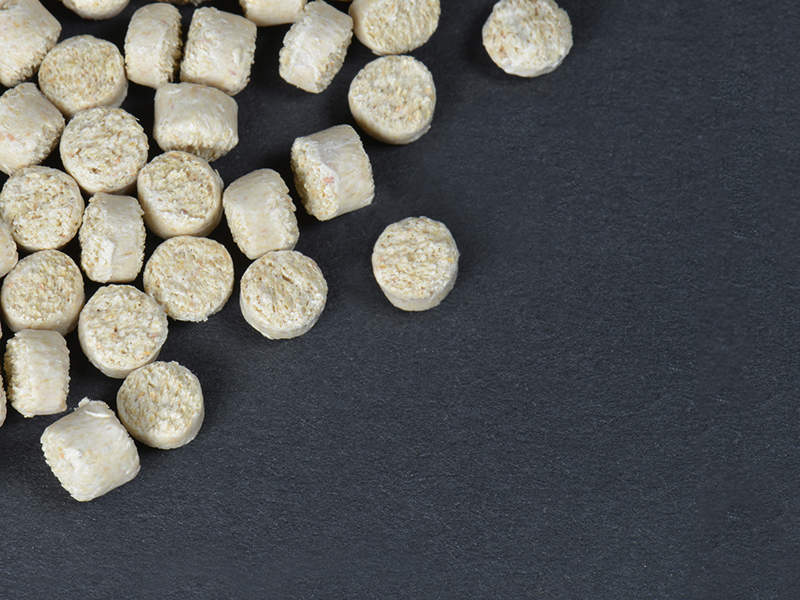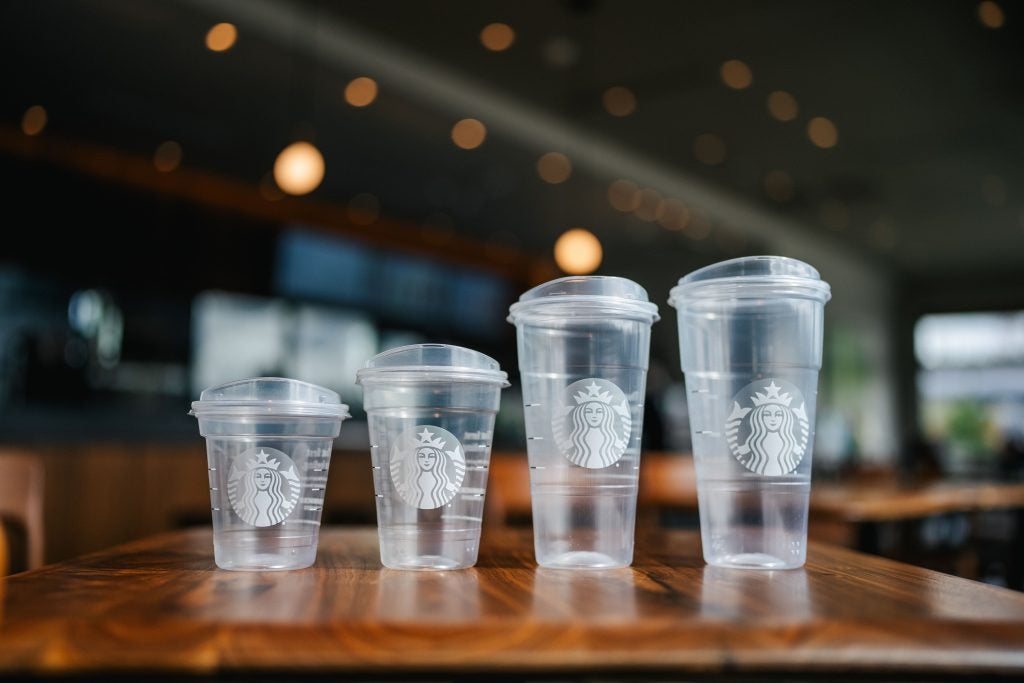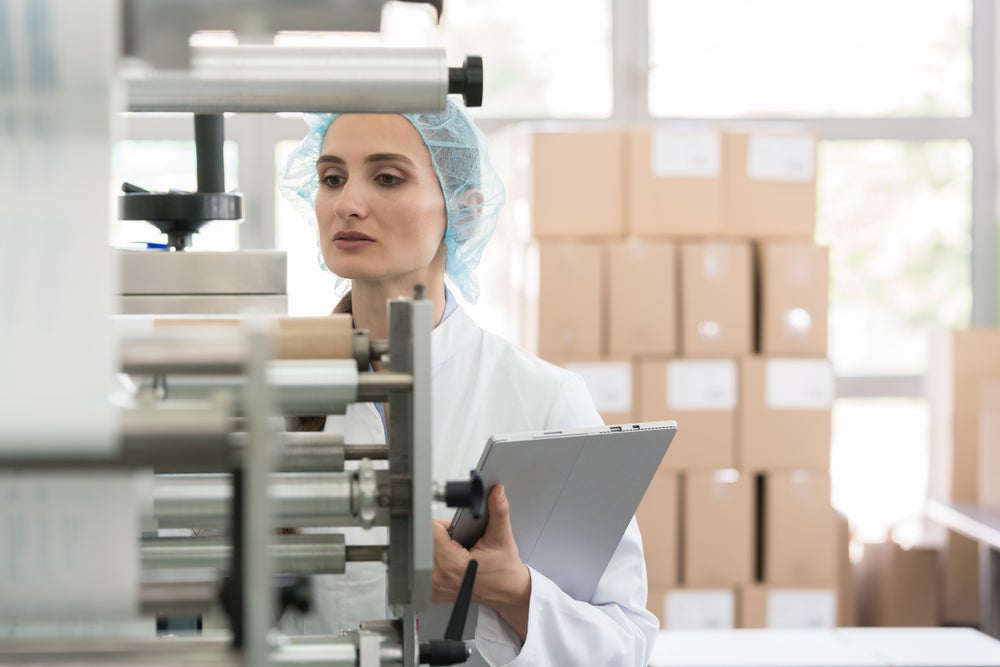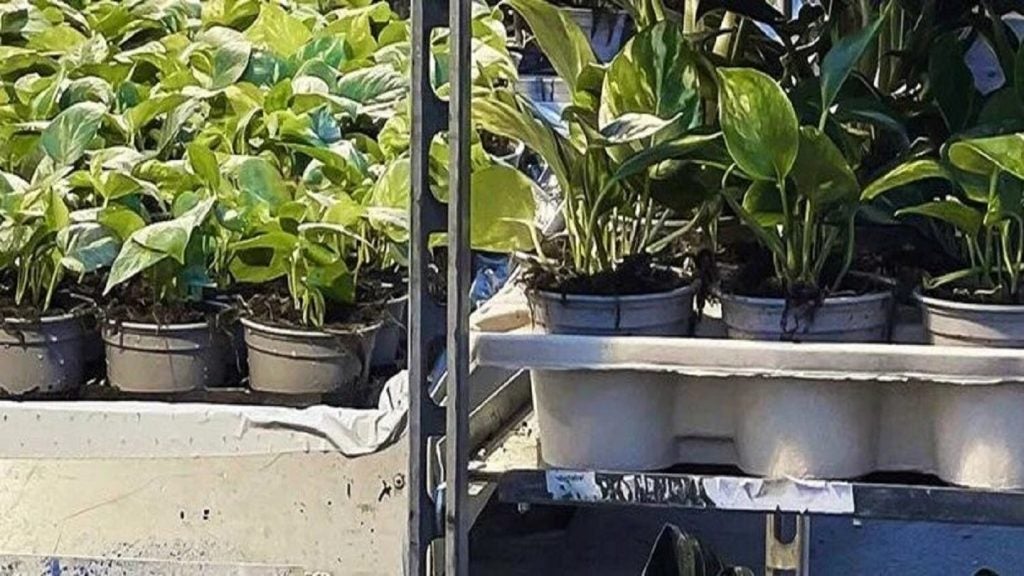
Waste & Resources Action Programme estimates suggest that more than half of the UK’s total food waste derives from consumers and costs each household circa £470 annually. In a bid to put a stop to this issue, numerous solutions have been launched that look to packaging, including size reduction packs, bioplastics and recyclable materials. Combating consumer food waste through packaging has been looked at as one of the more effective solutions to overcome this vast challenge.
Sustainable solutions: flexible polymers build from polyvinyl alcohol
One solution the industry is working with is more sustainable polymers. Aquapak Polymers Ltd has recently introduced HydroPol – a library of flexible polymers based on polyvinyl alcohol, which is oil-based yet biodegradable and fully recyclable. Dissolving in water, Hydropol bypasses the traditional barriers of flexible plastics recycling, and has been shown to be non-toxic to marine life, making it a much more sustainable alternative to the current polymers in use.
Dr John Williams, business development director at Aquapak Polymers Ltd said: “Flexible plastic packaging is here to stay. Bags, pouches, lids and sachets provide a lightweight and resource-efficient solution for packaging food safely. Now, however, is the time for a new plastics economy. For too long, we have been wedded to particular polymers which – while being fit for their original purpose – are neither biodegradable nor compostable. Flexible plastics pose particular challenges both in waste processing equipment (becoming entangled with machinery, often being contaminated with food, and contaminating other materials) and in the natural environment.
In our view, bioplastics raise difficult questions about sustainable land use. Is it right to be using vast swathes of land to feed our plastic habit?”
He continues: “Unusually for a plastic, HydroPol is hydrophilic, so food is also less likely to perish from sweating. It enables manufacturers and retailers to give positive stories to their customers, and offers the consumer a sustainable alternative that still protects their purchase. Many plastics are used only once, and for a short time, before they become waste. Aquapak’s Hydropol significantly reduces the environmental impact of flexible plastic packaging, without requiring a change in consumer behaviour.”
How well do you really know your competitors?
Access the most comprehensive Company Profiles on the market, powered by GlobalData. Save hours of research. Gain competitive edge.

Thank you!
Your download email will arrive shortly
Not ready to buy yet? Download a free sample
We are confident about the unique quality of our Company Profiles. However, we want you to make the most beneficial decision for your business, so we offer a free sample that you can download by submitting the below form
By GlobalDataThinking outside of the box: new initiatives to tackle food waste
With overpopulation, climate change and resource scarcity consistently under the spotlight, food and beverage packaging is now more than ever, unveiling and developing new initiatives. Start-up Revive Eco started to transform coffee ground waste into fertilisers and biomass pellets that could be used as a low carbon heating source. The Revive Eco team collects used coffee grounds from coffee shops across Scotland, which is then taken to their bio-refinery. Here, the natural bio-oils from the grounds are extracted, leaving a carbon-rich by-product. Fergus Moore, Co-founder at Revive Eco said: “According to figures from the International Coffee Organisation, approximately 500,000 tonnes of coffee ground waste ends up in landfill every year in the UK. My two co-founders, Scott and Rebecca, and I worked in cafes, restaurants and bars at university, and saw first-hand how much coffee goes to waste on a daily basis. Creating Revive Eco was our way of addressing the issue.”
Another start-up that has food waste firmly at its centre is FRUU – a natural cosmetics business that is also tackling food waste. Founder, Terence Chung has created a new range of skincare products derived from fruit bi-products – a large contributor to landfills worldwide. While the introduction of fruit ingredients into skincare products isn’t new, Chung explains that the use of fruit bi-product is novel for the cosmetics industry. “During my research I found that although there are cosmetic brands sourcing natural ingredients, they aren’t always sustainable. The ingredients typically used are the primary product of crops, whereas we are only sourcing by-products, or secondary products, to help reduce the impact on landfills” he explains.







